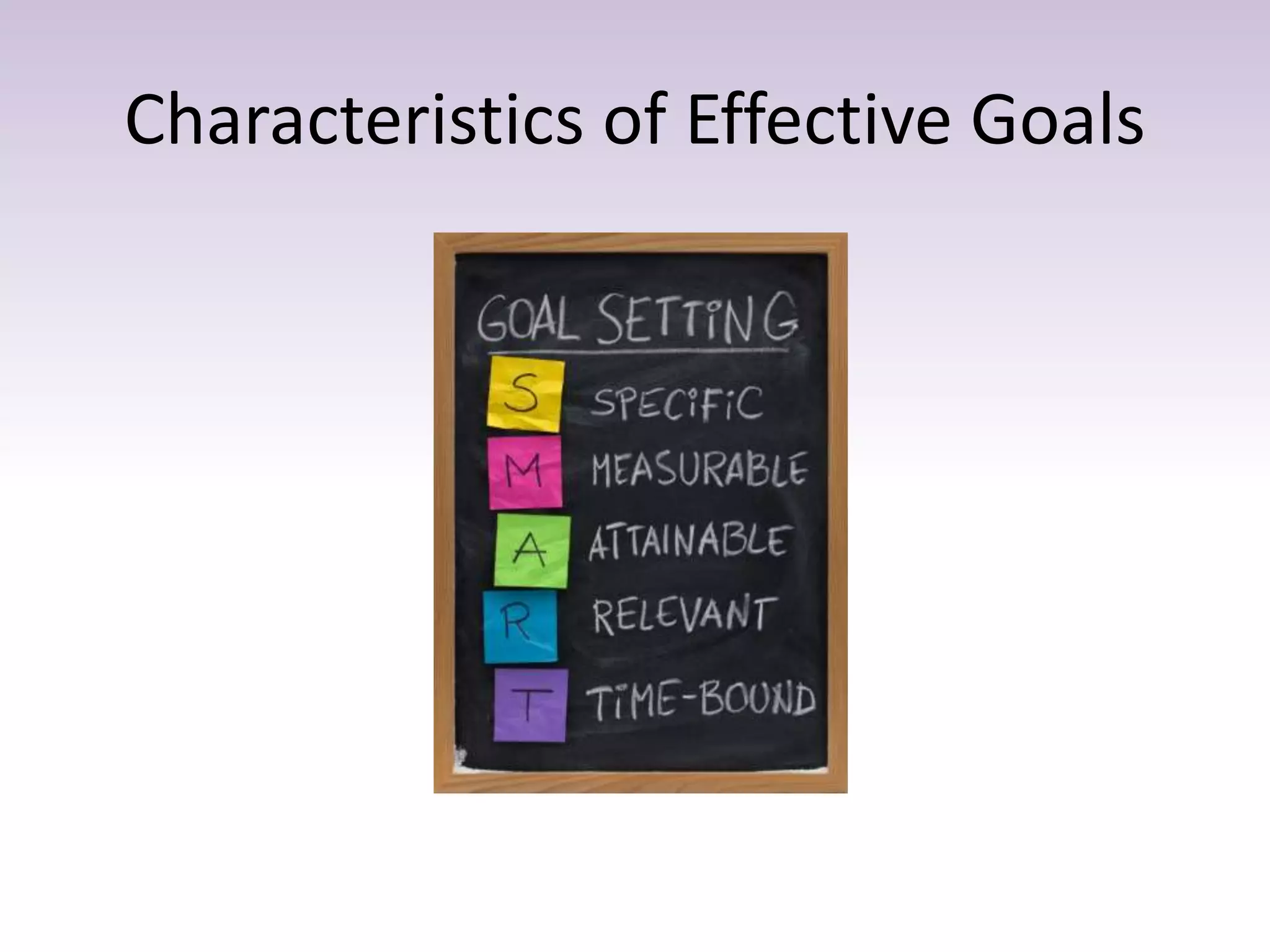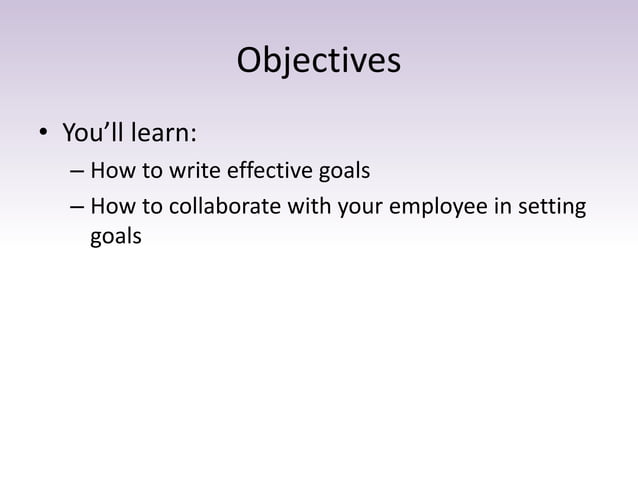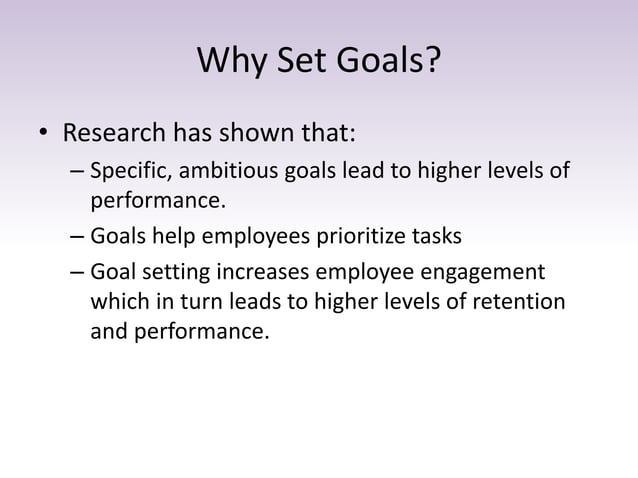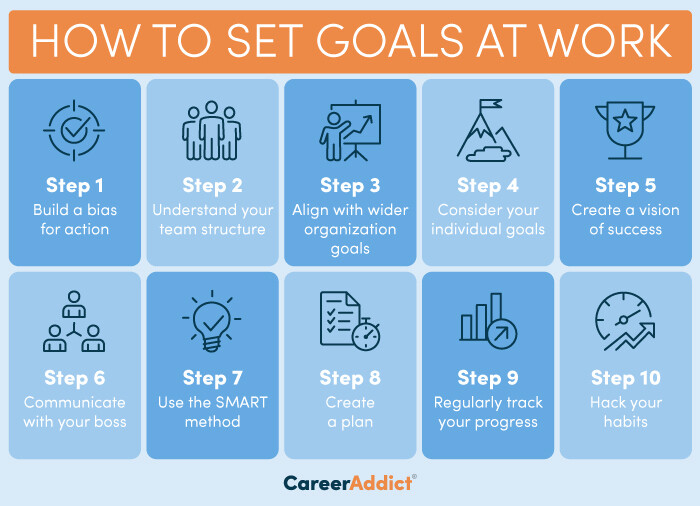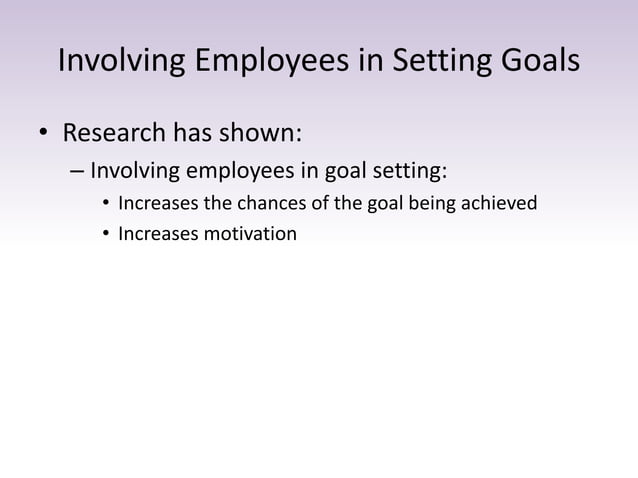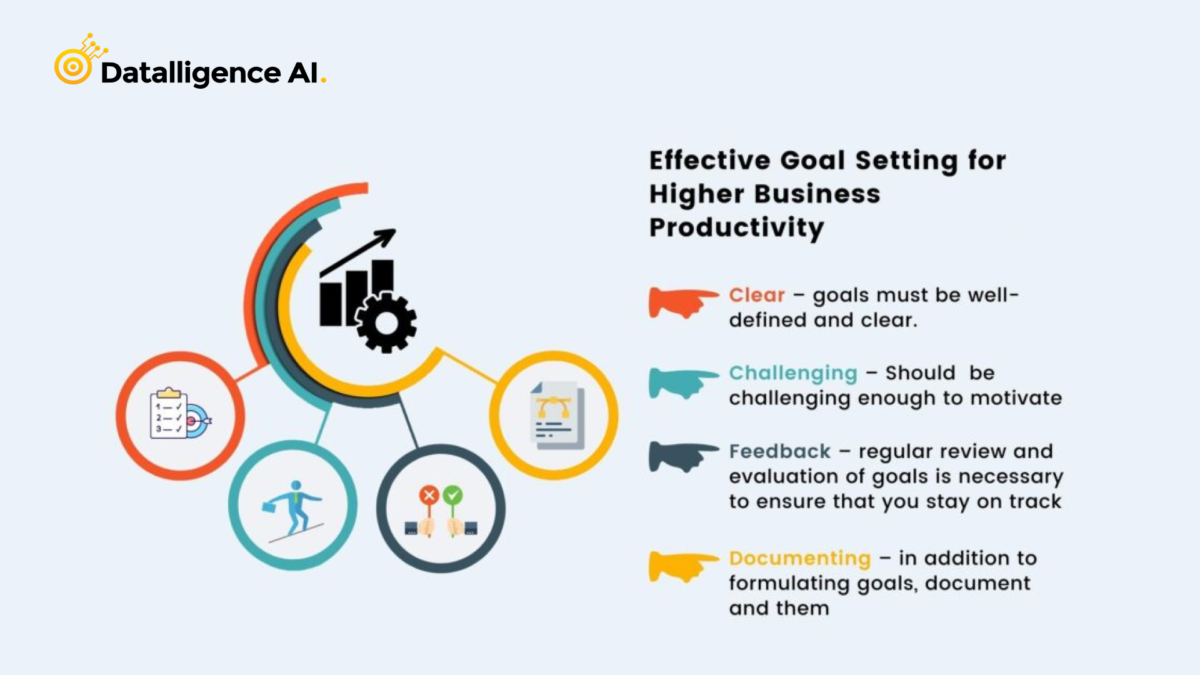Effective Goal Setting For Managers
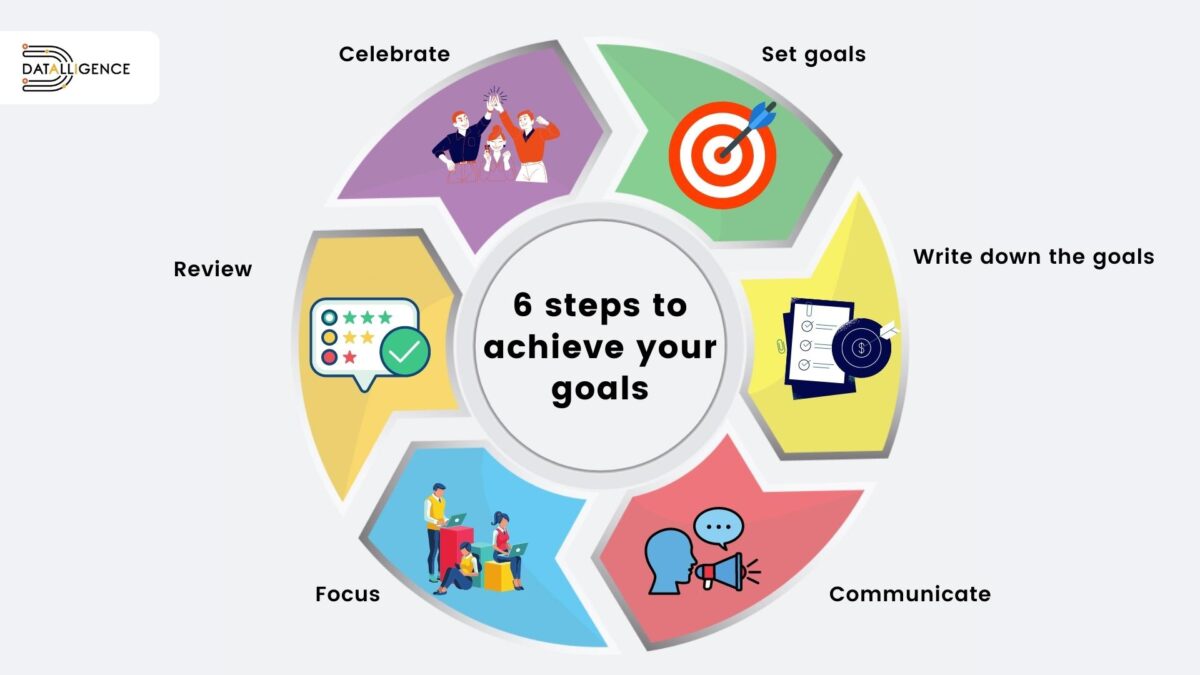
In today's dynamic business environment, effective goal setting is not merely a desirable management skill, but a critical component for organizational success. Managers who can define, communicate, and implement clear and achievable goals are better positioned to drive performance, motivate teams, and achieve strategic objectives. This article explores the key elements of effective goal setting for managers, drawing on expert insights and established best practices.
The importance of structured goal setting lies in its ability to provide direction and focus for both individuals and teams. Without well-defined goals, efforts can become scattered, leading to inefficiency and ultimately hindering progress. This article examines how a strategic approach to goal setting can enhance productivity and foster a culture of accountability within an organization.
The SMART Framework: A Foundation for Success
The SMART framework remains a cornerstone of effective goal setting. This widely recognized acronym emphasizes the importance of goals being Specific, Measurable, Achievable, Relevant, and Time-bound.
Specific goals provide clarity and direction, avoiding ambiguity and ensuring everyone understands what needs to be accomplished. Measurable goals allow for progress tracking and performance evaluation.
Achievable goals are realistic and attainable within the given resources and constraints, preventing discouragement and promoting motivation. Relevant goals align with the overall organizational objectives, ensuring that individual and team efforts contribute to the bigger picture.
Finally, Time-bound goals establish clear deadlines, creating a sense of urgency and preventing procrastination. Utilizing the SMART framework ensures goals are well-defined and strategically aligned.
Beyond SMART: Incorporating Employee Engagement
While the SMART framework provides a solid foundation, incorporating employee engagement is crucial for maximizing the effectiveness of goal setting. Managers should involve their team members in the goal-setting process, fostering a sense of ownership and buy-in.
According to a Gallup study, employees who are actively involved in setting their own goals are more likely to be engaged and committed to achieving them. This collaborative approach not only enhances motivation but also leverages the diverse perspectives and expertise within the team.
Regular feedback and open communication are essential throughout the goal-setting process. Managers should provide constructive feedback, recognizing achievements and addressing challenges promptly.
The Role of Technology in Goal Management
Technology plays an increasingly significant role in facilitating effective goal management. A variety of software solutions and platforms are available to help managers track progress, monitor performance, and provide feedback.
These tools can streamline the goal-setting process, improve communication, and enhance accountability. Project management software, for instance, allows for the creation of visual roadmaps, assignment of responsibilities, and tracking of milestones.
Furthermore, data analytics tools can provide valuable insights into performance trends, enabling managers to identify areas for improvement and make data-driven decisions.
Potential Impact on Organizations and Employees
The implementation of effective goal-setting practices can have a profound impact on both organizations and their employees. Organizations can benefit from increased productivity, improved efficiency, and enhanced profitability.
Clear and achievable goals provide a roadmap for success, guiding resource allocation and driving strategic alignment. Employees, on the other hand, can experience increased motivation, job satisfaction, and professional growth.
Understanding their roles and responsibilities within the larger organizational context empowers individuals to contribute meaningfully and achieve their full potential.
"Effective goal setting is not just about achieving targets; it's about creating a culture of continuous improvement and empowering employees to thrive," says Dr. Anya Sharma, a leading expert in organizational psychology.
Challenges and Mitigation Strategies
Despite the numerous benefits, implementing effective goal-setting practices can present challenges. One common obstacle is setting unrealistic or overly ambitious goals that can lead to discouragement and burnout.
Another challenge is failing to align individual goals with the overall organizational objectives, resulting in fragmented efforts and missed opportunities. To mitigate these challenges, managers should conduct thorough assessments of resources, capabilities, and market conditions before setting goals.
Regularly reviewing and adjusting goals as needed is also crucial to ensure they remain relevant and achievable. Open communication and collaborative problem-solving can help address any obstacles that arise during the implementation process.
In conclusion, effective goal setting is a fundamental management skill that drives performance and fosters a culture of accountability. By embracing the SMART framework, engaging employees in the goal-setting process, and leveraging technology, managers can unlock the full potential of their teams and achieve strategic objectives. The ultimate success hinges on continuous evaluation, adaptation, and a commitment to fostering a collaborative and supportive work environment.







